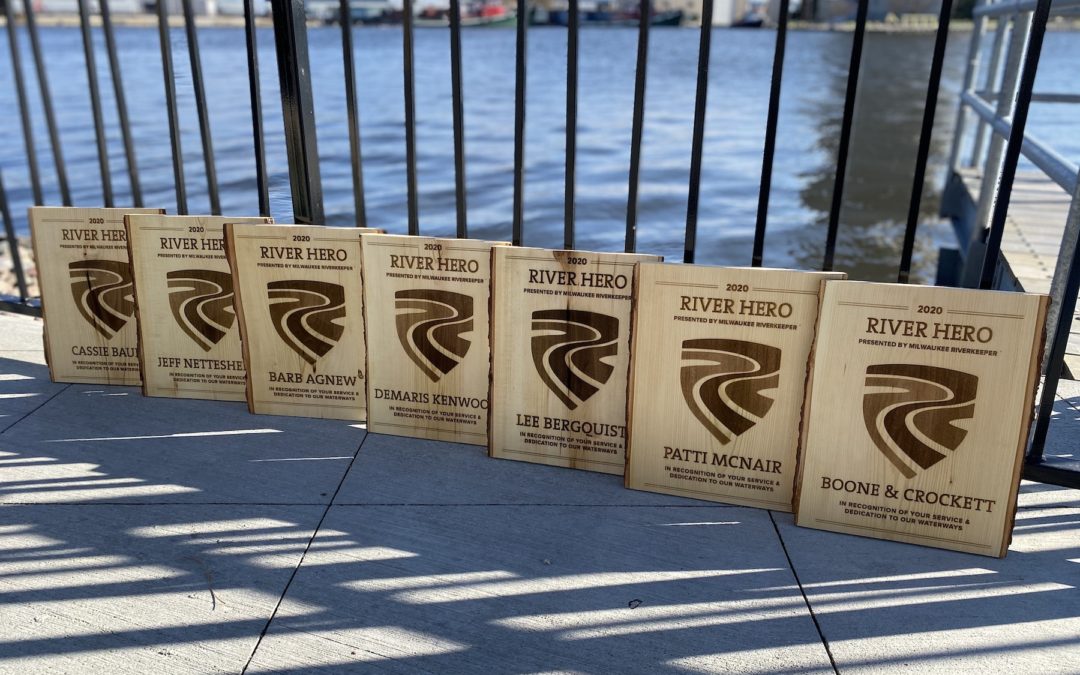| Advocacy, News, Riverkeeper Watch
Earlier this week, the U.S. EPA released four drinking water health advisories for the dangerous class of “forever chemicals” known as PFAS (or per- and polyfluoroalkyl substances). The advisory levels set by the EPA are low—0.004 parts per trillion (ppt) for PFOA and 0.02 ppt for PFOS—and make a strong statement that PFAS are dangerous for human health at any level.
| Advocacy, News, Riverkeeper Watch
Earlier this week, the U.S. EPA released four drinking water health advisories for the dangerous class of “forever chemicals” known as PFAS (or per- and polyfluoroalkyl substances). The advisory levels set by the EPA are low—0.004 parts per trillion (ppt) for PFOA and 0.02 ppt for PFOS—and make a strong statement that PFAS are dangerous for human health at any level.

| Featured Home, News
While this year has forced us to re-imagine our lives and our work, we’ve never stopped pushing forward in our quest for fishable, swimmable, drinkable waterways. We’re thrilled to work alongside so many dedicated individuals united in our vision for the future of our shared waterways.
| Events, Featured Home, News
Sunflowers, crisp autumn winds, and later summer sunshine are all reminders that fall is almost upon us. If you’re anything like us, spending time outside in our green and blue spaces has been restorative during such a challenging time for our communities. It’s out turn to give back to the waterways that have provided solace.
| Advocacy, News
There is no doubt that Milwaukee Riverkeeper sides with our partners and black neighbors united in this movement, especially those who’ve unjustifiably suffered or inexcusably died from police brutality and violence. We know that environmental justice can only be achieved if we are also working to address social justice issues and to help protect those disproportionately affected by pollution and environmental harms.
| Advocacy, News, Water Quality
As Waterkeepers, we’re on the front lines of testing water quality and patrolling for pollution, so it’s critical that we remain up-to-date with the most recent science to ensure we’re keeping our staff and volunteers safe. We have postponed all water sampling activities, and are continuing to track the situation. We look forward to once again sampling and connecting (safely) with you all out on the river soon.

